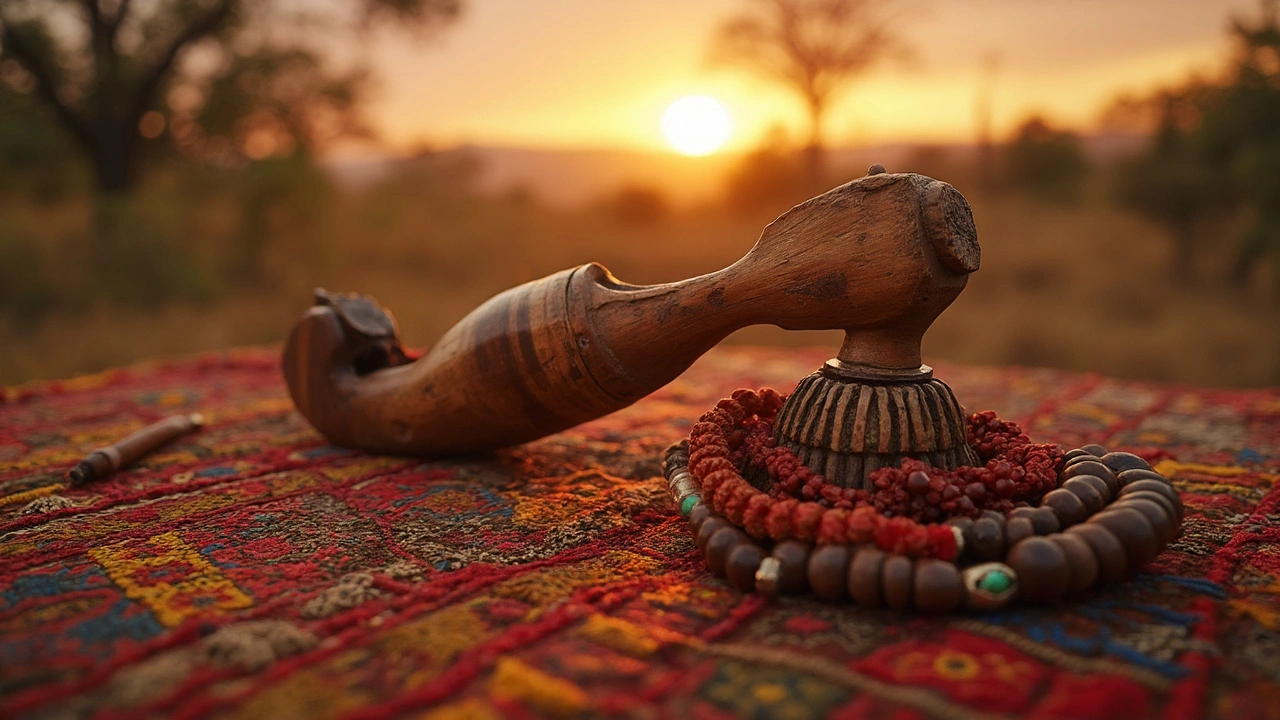Discover the Power of Tradition in Massage
Massage isn't just about relaxation—it’s a practice deep-rooted in tradition, passed down through generations for its healing powers. When you hear words like "balinese massage," "gua sha," or "fire massage," you're tapping into centuries-old wisdom that’s still shaping how we heal and feel good today.
Traditional massages often come from unique cultural backgrounds, blending natural elements, energy work, and hands-on techniques. For example, gua sha uses a smooth tool to gently scrape the skin, improving circulation and giving your face a natural glow. If you’ve ever wondered why people swear by these old-school methods, it’s because they tap into the body’s own rhythms and help it work better.
Why Ancient Techniques Still Matter
Modern wellness often praises high-tech solutions, but traditional therapies prove that simple, natural touch works wonders. Balinese massage, for example, doesn’t just relax muscles—it targets stress and pain using a combination of rhythm, pressure, and warmth learned over centuries. Research now backs these techniques, showing real relief from chronic pain and anxiety.
Similarly, polarity therapy focuses on balancing the body's energy to bring inner peace and healing. It’s a reminder that health isn’t just about body parts but about the energy flow inside. These traditions offer tools to improve not just physical wellbeing but emotional balance too.
How to Bring Tradition Into Your Wellness
Interested in trying out these ancient methods? Start small by learning simple moves like facial gua sha or basic acupressure points to relieve stress. Or book a session with a practitioner who knows these traditions well, so you get an authentic experience that fits your needs.
Understanding the roots of these therapies helps you appreciate their value beyond just feeling good for a moment. It’s about connecting with a long history of wellness and using that knowledge for lasting benefits in your daily life. Tradition in massage isn't stuck in the past—it’s alive and ready to boost your health today.
The Rungu: Exploring Its Roots and Meaning
The rungu is more than just a traditional African club; it is a symbol of social and cultural significance. Originating from various East African communities, this wooden weapon tells tales of history, tradition, and identity. From its role in traditional ceremonies to its practical use as a tool for cattle herding, the rungu has had a profound impact on daily life. Dive into its history, learn about its construction, and discover its modern-day significance. This article offers an informative journey into understanding why the rungu remains an iconic symbol in African culture.






